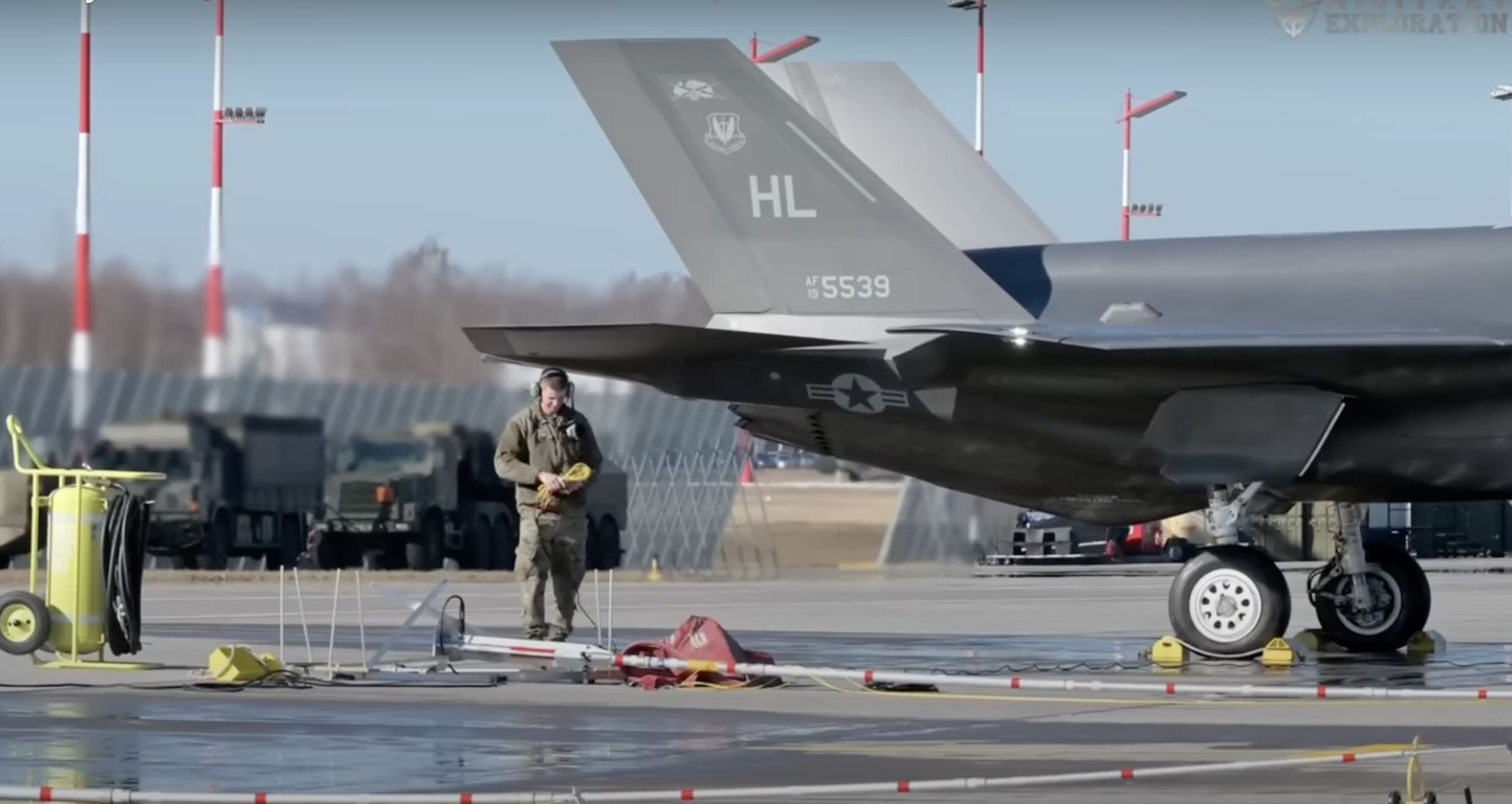


US Ambassador to Turkey Tom Barrack has suggested that both sides are now open to a “new beginning”, citing upcoming high-level meetings and a potential shift in Washington’s approach.
Speaking to Bloomberg, Barrack said the two NATO allies are actively re-engaging on the issue. “I believe we have a chance to find a solution by the end of the year,” he stated, adding that fresh talks are planned between senior officials, including the countries’ heads of state and foreign ministers.
The revival of negotiations follows a bilateral meeting between Turkish President Recep Tayyip Erdoğan and US President Donald Trump at the NATO summit last week. Erdoğan said afterwards that Trump had shown “goodwill” on the matter, raising Ankara’s hopes that the US administration may be willing to lift restrictions on F-35 sales or amend relevant legislation, notably the CAATSA sanctions law.
Turkey was removed from the multinational F-35 development programme in 2019 after it acquired the Russian S-400 air defence system. Washington maintained that the system posed a threat to NATO interoperability and to the security of the F-35 platform. Turkey, for its part, has consistently rejected demands to abandon the S-400, instead seeking a political resolution and reimbursement for its sunk investment of approximately $1.3 billion.
The renewed talks take place against a backdrop of broader defence-industrial ambitions in Turkey. In parallel to efforts to rejoin the F-35 programme, Ankara has been developing its own fifth-generation fighter aircraft. The Turkish KAAN jet, developed by Turkish Aerospace Industries, conducted its maiden flight on 21 February 2024. The programme involves cooperation with Ukrainian defence enterprises, and Ukraine has publicly expressed interest in procuring the aircraft. At the time, then-Ukrainian Ambassador to Turkey Vasyl Bodnar stated on CNN Türk that Ukraine intended to place an order for the KAAN fighter.
In addition, the Turkish drone manufacturer Baykar is testing its Bayraktar KIZILELMA unmanned fighter jet, which features AI-322F engines developed by Ukraine’s Ivchenko-Progress design bureau. These parallel programmes signal Turkey’s intent to reduce reliance on foreign suppliers while continuing to assert its role as a significant defence producer within NATO.
Despite its emphasis on indigenous capability, Turkey remains determined to secure access to the F-35 platform or obtain compensation for its prior contributions. The Turkish Ministry of Defence has repeatedly stated that participation in the F-35 programme was both a financial and strategic commitment that must be addressed.
Ambassador Barrack acknowledged the complexities of the situation, noting that while defence-specific issues like the F-35, F-16 modernisation, S-400, and sanctions remain contentious, the broader objective is to move the US-Turkey relationship into a new phase. “These matters are secondary to our mission,” he said. “For the first time, the United States and Turkey are committed to being partners in offensive, not just defensive, actions.”
Any resolution on the F-35 issue will likely require legislative involvement. Congress must approve the lifting or modification of CAATSA provisions, which currently restrict military exports to countries engaged in significant defence transactions with Russia. Whether the Trump administration can secure congressional backing remains uncertain, although Erdoğan’s remarks suggest confidence in the White House’s willingness to pursue a deal.
Outside the defence sector, Turkey is also exploring increased energy cooperation with the United States, including the import of liquefied natural gas (LNG). In parallel, Ankara is preparing to finalise a commercial aircraft order with Boeing, further reinforcing the economic dimension of bilateral ties.
A resolution to the F-35 dispute would mark a major shift in US-Turkey relations and could reopen the door to deeper strategic cooperation. However, with no clear indication yet of concrete legislative or policy changes, much will depend on the outcomes of forthcoming diplomatic engagements and the ability of both sides to reconcile political, legal, and strategic concerns.